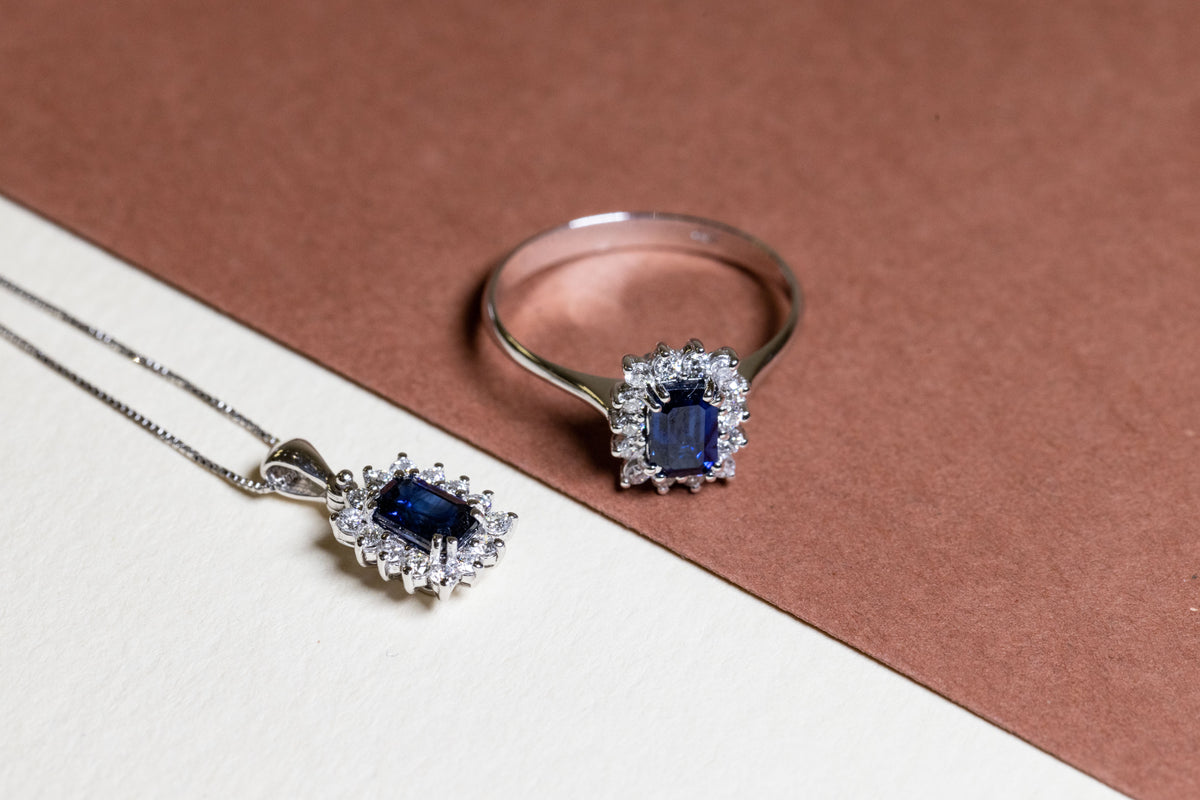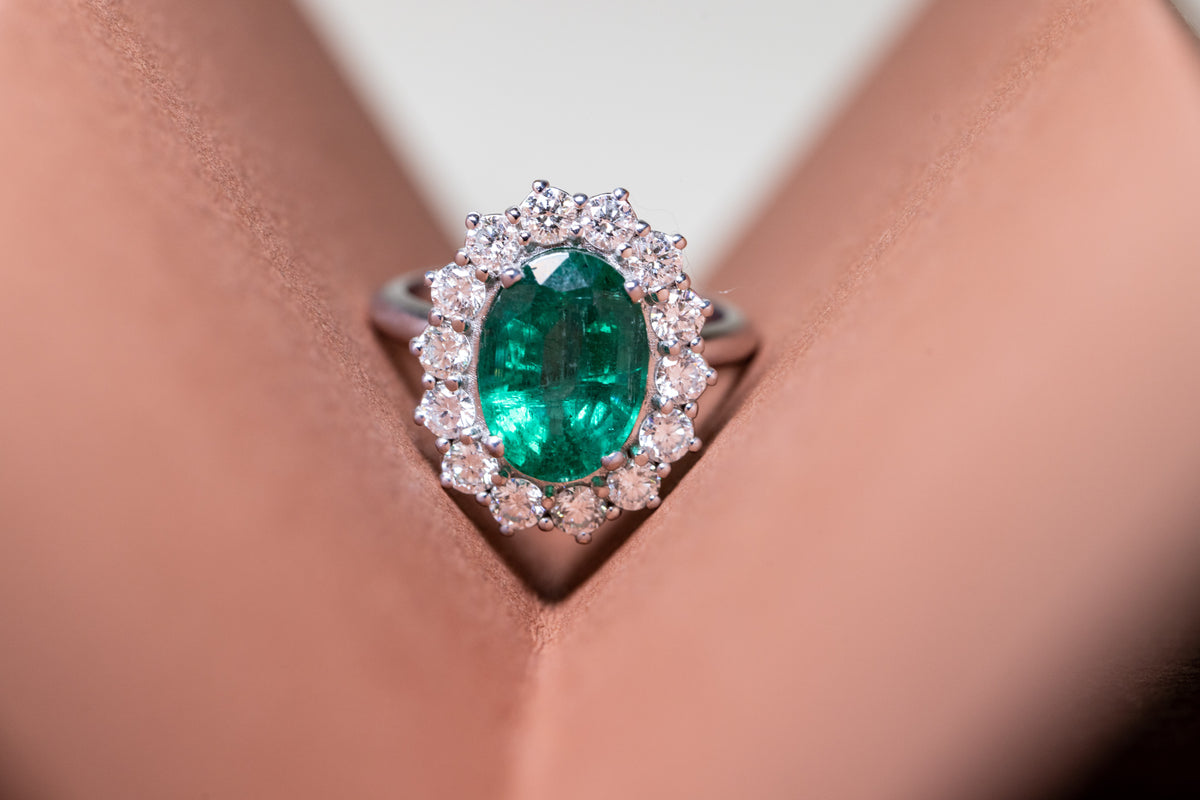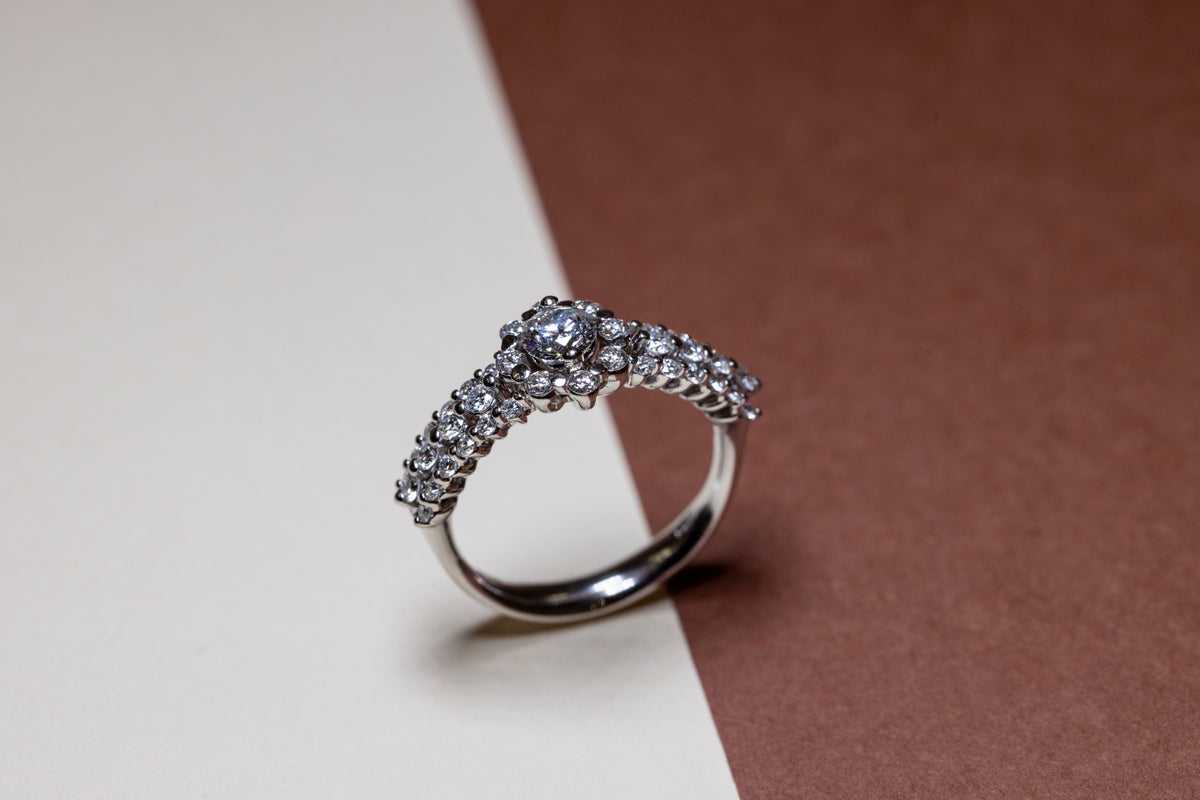Pay in installments with
Skin, our largest organ, is our first line of defense against external agents. However, not all skin is the same, and some are particularly sensitive to the materials and substances they come into contact with. Having sensitive skin means that your skin may react with redness, itching, swelling, or other irritation when exposed to certain substances. These reactions can be caused by a variety of factors, including chemicals, perfumes, detergents, and, in particular, metals found in many jewelry pieces. Jewelry is often in direct contact with the skin for extended periods, making it essential to choose safe materials, especially for those with sensitive skin. While for many, a bracelet or a pair of earrings are simply fashion accessories, for those with sensitive skin, choosing the right jewelry can mean the difference between feeling comfortable and experiencing annoying skin reactions. In this guide, we'll delve into the world of hypoallergenic jewelry, offering helpful tips and information for those who want to adorn themselves without compromising their skin's health. From the importance of knowing and understanding your skin to the characteristics of the safest materials, this guide is an essential reference for anyone who wants to combine beauty and elegance with skincare.
Nickel, widely used in the jewelry industry, is a major cause of allergic skin reactions. While it provides resistance to jewelry, it can cause irritation, especially in sensitive individuals. These reactions, known as contact dermatitis, can range from mild redness to more severe rashes. Although some jewelry is labeled "nickel-free," it may still contain traces of this metal. For those with sensitive skin, it's crucial to choose jewelry made from truly hypoallergenic materials and pay attention to your skin's signals, thus ensuring a safe and comfortable wearing experience.
In the jewelry world, the term "hypoallergenic" is becoming increasingly popular, but what does it really mean? Hypoallergenic jewelry is specifically designed to minimize the risk of allergic reactions. This doesn't necessarily mean it's completely free of allergens, but rather that the materials used are known to be less reactive and, therefore, safer for sensitive skin. The growing demand for hypoallergenic jewelry reflects greater consumer awareness of their dermatological needs. Many now recognize the importance of investing in pieces that are not only aesthetically pleasing but also gentle on the skin. After all, jewelry should enrich the wearer, not cause discomfort or pain. Commonly used materials in hypoallergenic jewelry include titanium, pure gold, sterling silver, and surgical stainless steel. These materials are known for their biocompatibility and are often used in medical applications, such as implants and piercings, precisely because of their non-reactive properties. However, it's important to note that "hypoallergenic" does not guarantee the complete absence of reactions. People have different sensitivities, and what is safe for one may not be safe for another. The key is to know your skin, do thorough research, and, if possible, test the jewelry before making a final purchase.
When it comes to jewelry for sensitive skin, choosing the right material is crucial. Not all metals are created equal, and while some may be gentle and safe for most people, others can cause irritation and allergic reactions. Here's an overview of the most recommended materials for those with sensitive skin:
While these materials are generally safe for most people, it's always a good idea to do a skin test or consult a dermatologist before making a significant purchase, especially if you have a history of allergic reactions to jewelry. The key is to be informed and make informed choices to ensure a comfortable and worry-free wearing experience.
In the world of jewelry, it's crucial to recognize truly hypoallergenic items. Labels aren't always clear, and even products labeled "nickel-free" may contain traces of this metal. To ensure a safe choice, it's essential to do your research and, if possible, have your jewelry specifically tested. Once you've purchased the perfect piece, proper care becomes crucial. Cleaning your jewelry regularly, avoiding the accumulation of sweat and dirt, can prevent potential irritation. Finally, it's always helpful to listen to your skin: if you notice any signs of irritation, it's best to remove the jewelry and consult a dermatologist. In an era where sustainability and ethics are paramount, choosing hypoallergenic jewelry isn't just a matter of comfort, but also of responsibility towards yourself and the environment.



Receive your order immediately and pay in 3 to 12 installments.
Our team is always available to you 24/7.
We deliver all jewelry in Zahir personalized packaging.
Engrave a name, letter, or a date that's important to you, at no additional cost.